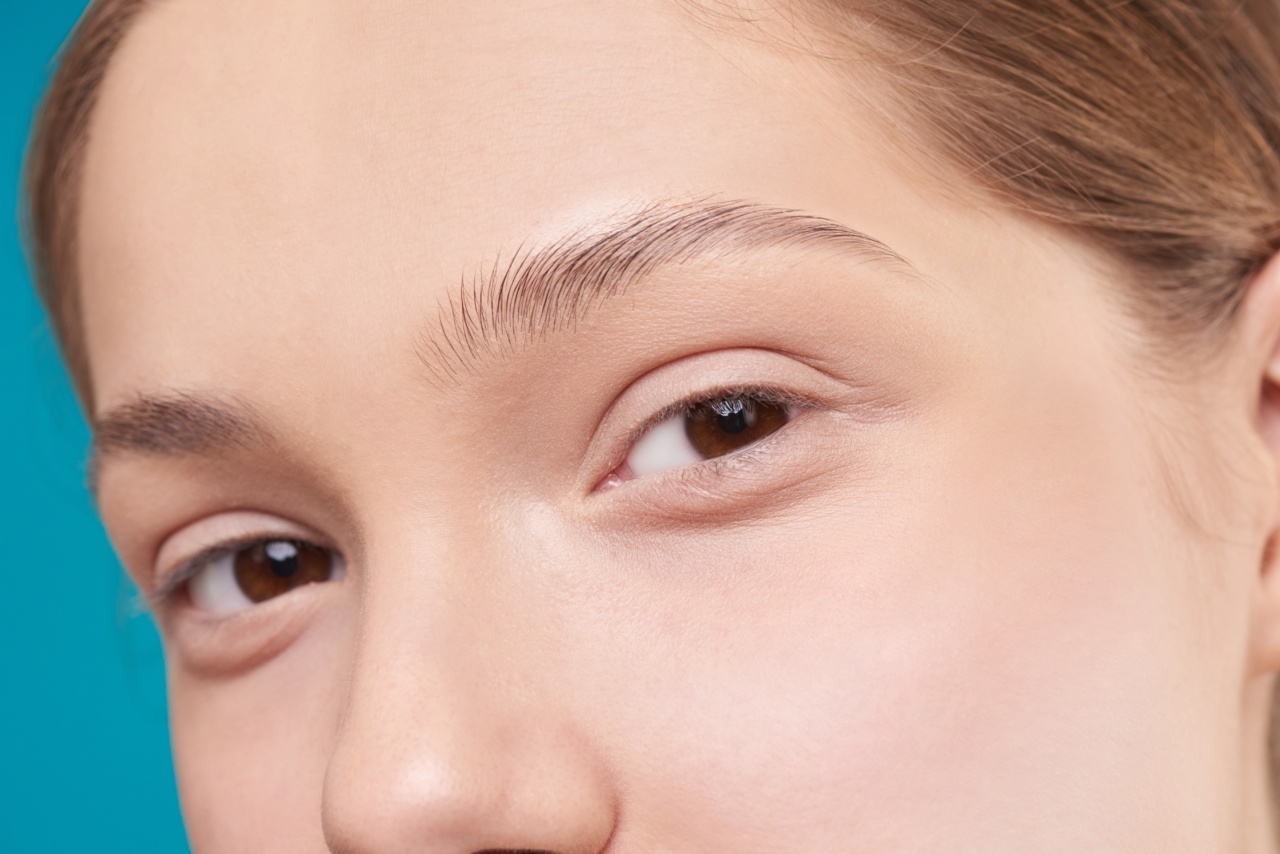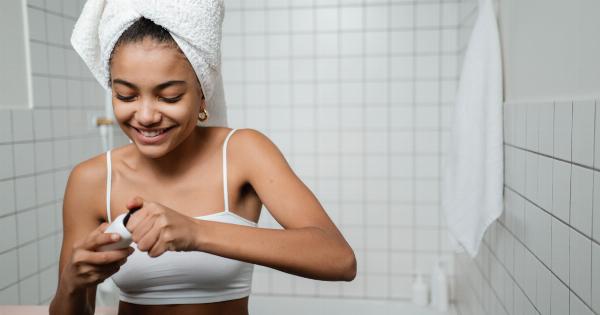Pimples are one of the most frustrating skin issues, affecting millions of people all around the world. The appearance of pimples can be due to a number of things, such as hormonal changes, diet, lifestyle, and genetics.
While it is impossible to completely prevent pimples, there are some things you can do to keep your skin clear and minimize the occurrence of pimples. This article will provide helpful tips and tricks to prevent pimples.
1. Cleanse Your Skin Regularly
One of the most important things you can do to prevent pimples is to cleanse your skin regularly. Cleansing helps remove excess oil, dirt, and impurities that can clog your pores and lead to pimples.
It is recommended to cleanse your skin twice a day, in the morning and before going to bed.
When choosing a cleanser, look for one that is designed for your skin type. If you have oily skin, opt for a cleanser that is formulated for oily skin. If you have dry skin, choose a cleanser that is moisturizing.
Avoid harsh cleansers that can strip your skin of its natural oils, as this can cause your skin to produce even more oil, leading to more pimples.
2. Exfoliate Once a Week
Exfoliating is another important step in preventing pimples. Exfoliating helps remove dead skin cells from the surface of your skin, which can clog your pores and lead to pimples.
It is recommended to exfoliate once a week, using a gentle exfoliating scrub.
When choosing an exfoliating scrub, look for one that is gentle and does not contain harsh ingredients that can irritate your skin. Avoid over-exfoliating, as this can damage your skin and make it more prone to pimples.
3. Use a Toner
Using a toner can also help prevent pimples by removing any remaining traces of dirt and impurities that your cleanser may have missed. Toners can also help balance the pH of your skin, which can reduce the occurrence of pimples.
When choosing a toner, look for one that is alcohol-free and is designed for your skin type. If you have oily skin, opt for a toner that is designed for oily skin. If you have dry skin, choose a toner that is moisturizing.
4. Moisturize Daily
Moisturizing is an important step in preventing pimples, as it helps keep your skin hydrated and prevents it from producing excess oil. When your skin is dry, it can produce more oil to compensate, leading to more pimples.
When choosing a moisturizer, look for one that is non-comedogenic, which means it will not clog your pores. If you have oily skin, opt for a lightweight moisturizer that is oil-free. If you have dry skin, choose a moisturizer that is more hydrating.
5. Use Sunscreen Daily
Using sunscreen daily is important for preventing pimples, as sun damage can lead to inflammation and irritation, which can cause pimples. It is recommended to use a broad-spectrum sunscreen with an SPF of 30 or higher.
When choosing a sunscreen, look for one that is non-comedogenic and oil-free, which means it will not clog your pores or cause more pimples.
Apply sunscreen at least 30 minutes before going outside, and reapply every two hours or more often if you are swimming or sweating.
6. Avoid Touching Your Face
One of the easiest ways to prevent pimples is to avoid touching your face.
Your hands come into contact with a lot of bacteria and germs throughout the day, and when you touch your face, you transfer those bacteria and germs to your skin, which can lead to pimples.
If you must touch your face, make sure to wash your hands first. Avoid picking or popping pimples, as this can lead to scarring and more pimples.
7. Watch Your Diet
What you eat can affect the appearance of your skin, including the occurrence of pimples. Some studies suggest that a diet high in processed foods and sugar can lead to more pimples.
It is recommended to eat a balanced diet that includes plenty of fruits, vegetables, and whole grains.
Also, make sure to drink plenty of water and avoid excessive alcohol consumption, as this can dehydrate your skin and lead to more oil production and pimples.
8. Manage Stress
Stress can also affect the appearance of your skin, including the occurrence of pimples. When you are stressed, your body produces more cortisol, which can lead to more oil production and pimples.
To manage stress, try practicing relaxation techniques such as deep breathing, yoga, or meditation. Exercise can also help reduce stress and improve the appearance of your skin.
9. Get Enough Sleep
Getting enough sleep is important for maintaining healthy skin and preventing pimples. When you do not get enough sleep, your body produces more cortisol, which can lead to more oil production and pimples.
It is recommended to get at least 7-8 hours of sleep each night. Also, make sure to wash your face before going to bed to remove any dirt and impurities that may have accumulated throughout the day.
10. Consult a Dermatologist
If you are still experiencing pimples despite your best efforts, consider consulting a dermatologist. A dermatologist can assess your skin and recommend a personalized treatment plan to help prevent pimples and improve the appearance of your skin.
In conclusion, pimples can be frustrating, but there are things you can do to prevent them. By following these tips and tricks, you can keep your skin clear and minimize the occurrence of pimples.































